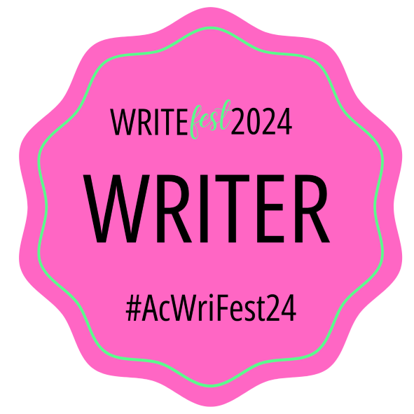In this guest blog, as part of our WriteFest month, Dr Lindsay Knox and Dr Cathy Benson, discuss the challenges academic writing can present to students and what supervisors can do to support the process. Lindsay Knox and Cathy Benson work at English Language Education which offers a range of academic writing courses for students at different stages of their research journey.
Like most communities, academics have established ways of working together, and in particular, a shared understanding of how we communicate. We usually know what to expect when we start reading a journal article, a book review or a blog post, and crucially, what is expected of us when we make our own contribution to the debate. In other words, we ‘speak the language’. However, we don’t have to travel far outside our academic comfort zone to suddenly find ourselves in less familiar territory where things look different and unexpected – an interdisciplinary paper, for example. Our academic experience may guide us so far but we may still need time to ‘learn the language’.
For PGR students, ‘learning the language’ is part of their development towards claiming membership of their academic community. It is worth emphasising, in the context of our internationalised university, that this is not just about English language proficiency and knowledge of grammar and vocabulary, though of course this is important. Doctoral candidates can be very skilled linguists, highly proficient in the mechanics of English (and sometimes several other languages). However, immersed in their research, students may sometimes be unsure what language and discoursal choices to make to most effectively communicate with their peers. In this blog, we explore some possible reasons for this and suggest what this may imply for the supervisory relationship.
There are likely several reasons why academic writing can present challenges to students. Firstly, it is something which all scholars have to learn. As Bourdieu et al. (1994:8) and indeed other Writefest bloggers acknowledge, academic language is ‘no one’s mother tongue’. In addition to selecting appropriate vocabulary and grammar, we also have to consider how to organise those words and structures to support our arguments in a way which clearly communicates to, and convinces, our readers. It is also about understanding the communicative practices of that academic community in order to claim membership, an endeavor which takes practice, and an effort sustained over a large word count, multiple chapters, and several years.
Another possible explanation is that the starting point for PhD students varies. While some will go directly from a Masters programme to PhD within the same discipline, this is not necessarily the case for everyone. Some may move into an interdisciplinary area, necessitating exploration of different writing conventions and disciplinary practices to integrate with their existing knowledge. Others may be starting a PhD having been in the workplace for several years. Whilst they can draw on extensive practical knowledge, it may well have been a while since they wrote academically.
Therefore, learning to write academic texts can mean negotiating a complex landscape of several different communities of academic, cultural and professional practices, each with a wide range of norms and expectations. Even within disciplines, there can be some fluidity. Contributing to the challenge for less experienced writers is that the extent to which these disciplinary conventions are made explicit varies. However, supervisors can be very helpful in surfacing and explaining the tacit assumptions about what makes ‘good’ academic writing, especially in the early stages of study.
One way to do this is to encourage students to submit shorter texts for feedback, e.g., ask them to summarise articles they have read. This allows you to more easily identify areas for development and provides an opportunity to offer feedback. Positioning yourself as a reader allows you to unpack some of the tacit expectations such as the need for clarity or criticality. Comments such as ‘this is not clear’ or ‘you need to be more critical’ tell students that these are expectations but don’t help them understand why their writing demonstrates neither. Offering more precise feedback such as ‘I am not sure if you mean x or y.’, or ‘You have included this source but haven’t evaluated it.’ can help them better understand how their writing is received by an academic reader. Addressing a few points rather than a whole chapter strewn with tracked changes and marginal comments can be more manageable for budding writers, avoiding the need for more major redrafting further down the line. Regular redrafting is, however, to be encouraged as a beneficial writing practice. Encouraging supervisees to be bold in making changes reinforces the message that writing is very much a process, characterised by making language choices which accurately reflect the writer’s intention.
Supervisors can also encourage their supervisees to use their reading, not only to build their knowledge of their chosen area, but also to learn about writing in their discipline. Reading widely and noticing how arguments are built, how writers achieve clarity, or critique other authors, can provide a foundation for students to develop their own writing. As well as the more macro features of academic writing, helping students to notice common phrases e.g. for signposting or signalling, or how particular grammar structures are used, can help students see how language is being used, and expand their own academic language resources.
Ultimately, while it is true that there is an expectation that PhD students will work independently, the supervisory process provides a space, not only to advise on the student’s ideas, their research design, and their contribution to knowledge, but also to partner them in their writing development and help them to find their own voice.
References
Bourdieu, P., de Saint Martin, M. and Passeron, J-C. (1994) Academic discourse: Linguistic misunderstanding and professorial power. Polity Press.
WriteFest will be running at the University of Edinburgh during November, visit our webpages to find out more: WriteFest 2024


